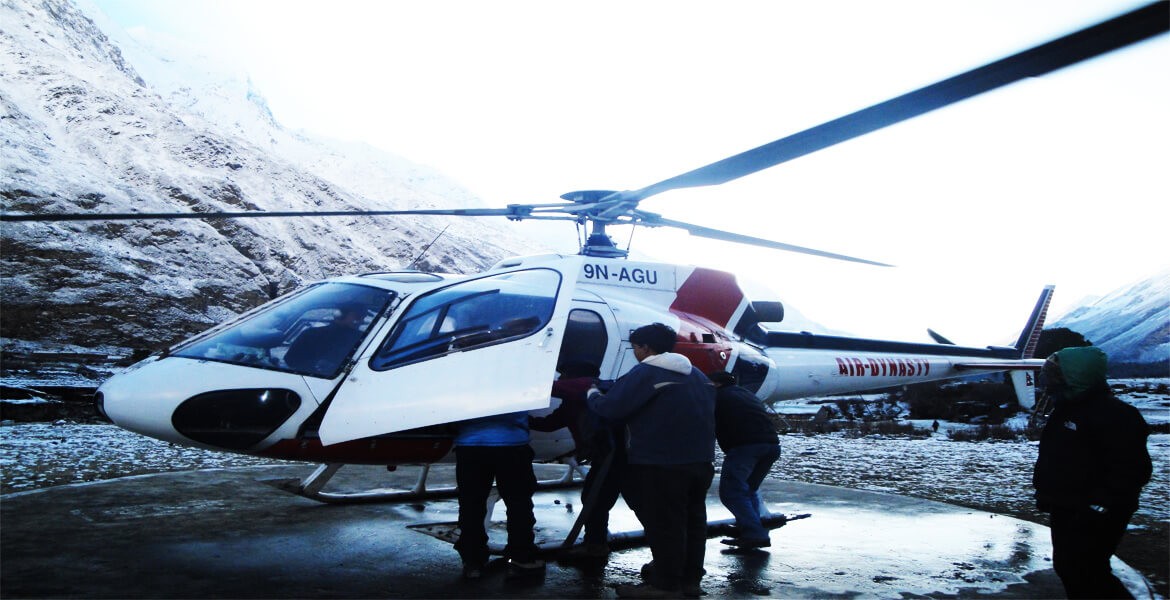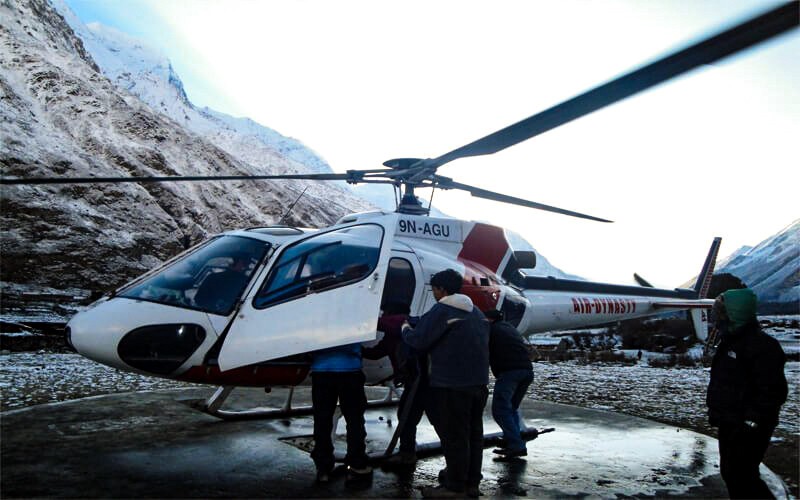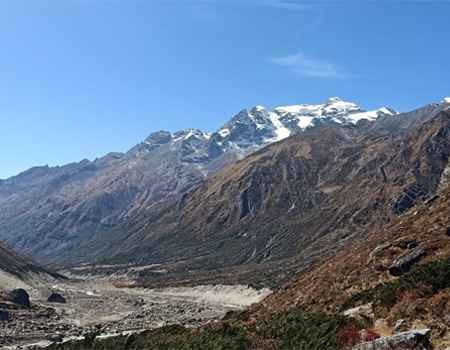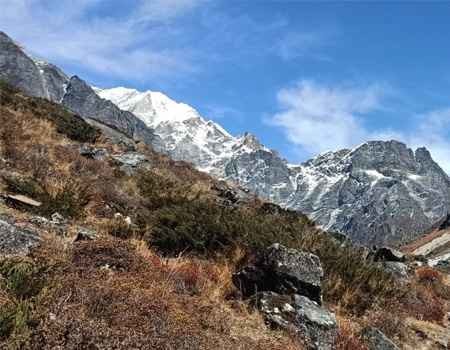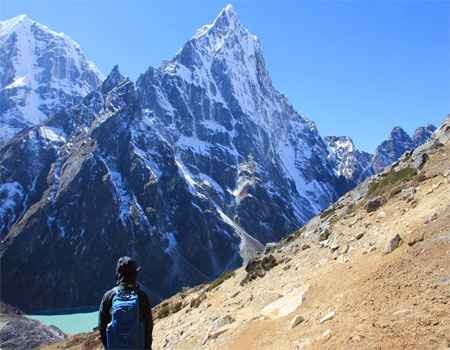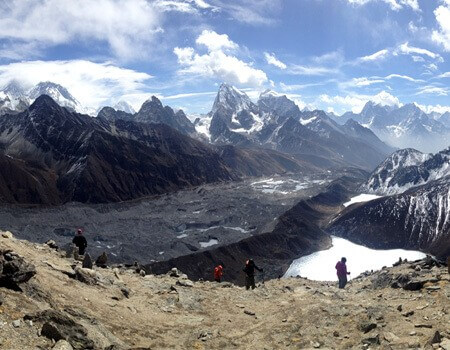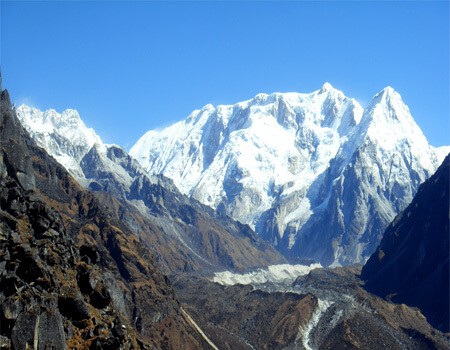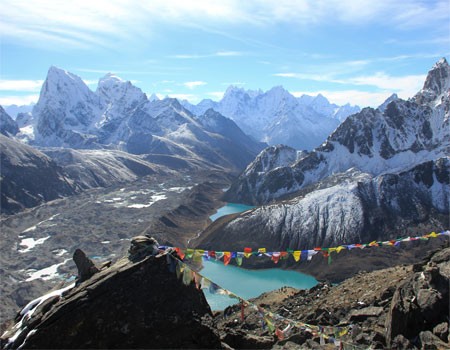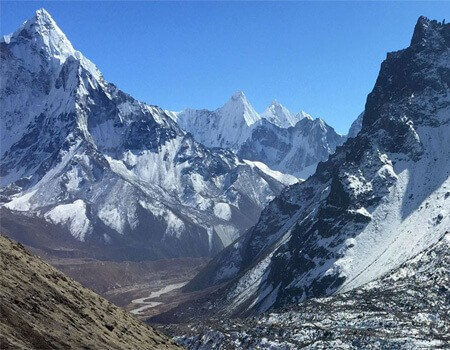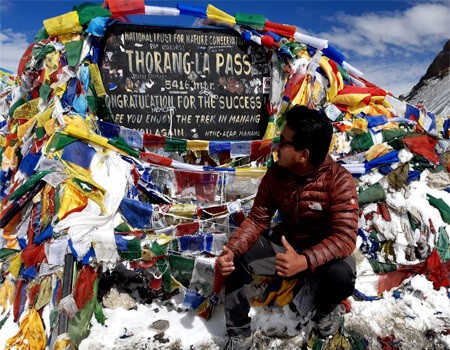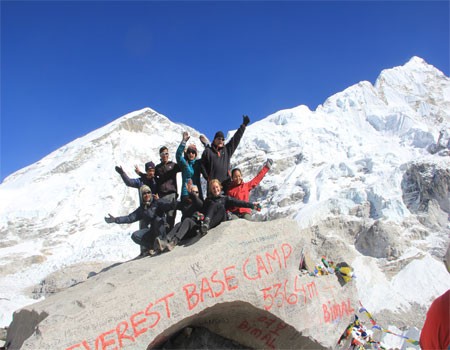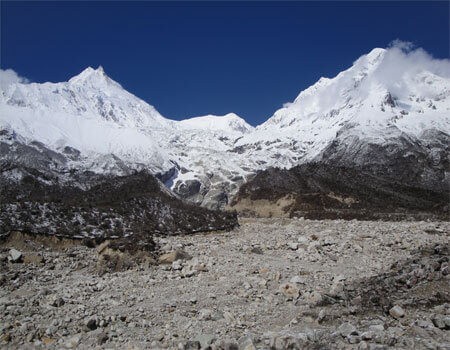Altitude Sickness is caused by low pressure and lack of oxygen in the mountains. Many people travel to the high Himalayas, but only some suffer from Altitude Sickness. The Altitude Problem should be a huge problem and can kill. Here is general information about Altitude Sickness, how to avoid this problem, and how to be safe. Please read this article before going to the mountains.
Altitude Sickness in Nepalese Himalayas
Table of Contents
What is altitude sickness?
Altitude Sickness is an acute mountain (AMS) and High Altitude Sickness. It is an effect of high Altitude for humans caused by the low oxygen pressure at high Himalayan altitudes. There are two types of Altitude Sickness, High Altitude Cerebral Edema (HACE) and High-Altitude Pulmonary Edema (HAPE). Altitude Sickness can kill if you won't take it seriously.
Related:
Cerebral Edema Altitude Symptoms
It is an effect of the brain at High Altitudes. The main symptoms of this effect are headache, nausea, dizziness, numbness, weakness, vomiting, and double vision, as well as loss of imagination.
Pulmonary Edema Altitude Symptoms
It is an effect of the lounge caused by Altitude. Shortness of breath even when resting, frequent coughing, difficulty walking uphill and even on a flat, Fever, rapid and irregular heartbeat, chest discomfort, loss of appetite, can't sleep, and headache at the beginning, then start tinged with blood when you have the cough if it goes serious.
How to Stay Safe from Altitude Sickness?
Before going to a High Altitude, you must be mentally and physically prepared. Make a strong mind and stop thinking about Altitude Sickness. Walk slowly, however you feel comfortable walking. Drink plenty of clean and purified water. Keep yourself warm. Avoid alcohol and smoking; they may affect the brain and lungs. Don't go directly to a very High Altitude.
Related:
Medications for Altitude Sickness
The primary medicine for Altitude Sickness is descending. Diamox is a pill for Altitude, but it isn't dependent on it. Having Diamox and continuing to go to higher places is not an intelligent idea. If you still have the problem after having Diamox, descend as soon as possible. Don't forget to drink more water after Diamox; it can make you dehydrate. Have garlic soup; it helps a bit. If you have difficulty, don't stay on the mountain for long, inform your insurance, and return to the hospital as soon as possible.
Note: If you can't sleep at Altitude, never try to use sleeping pills. Don't stay or sleep alone if you feel like you are at Altitude. Always inform your guide about your problems.
